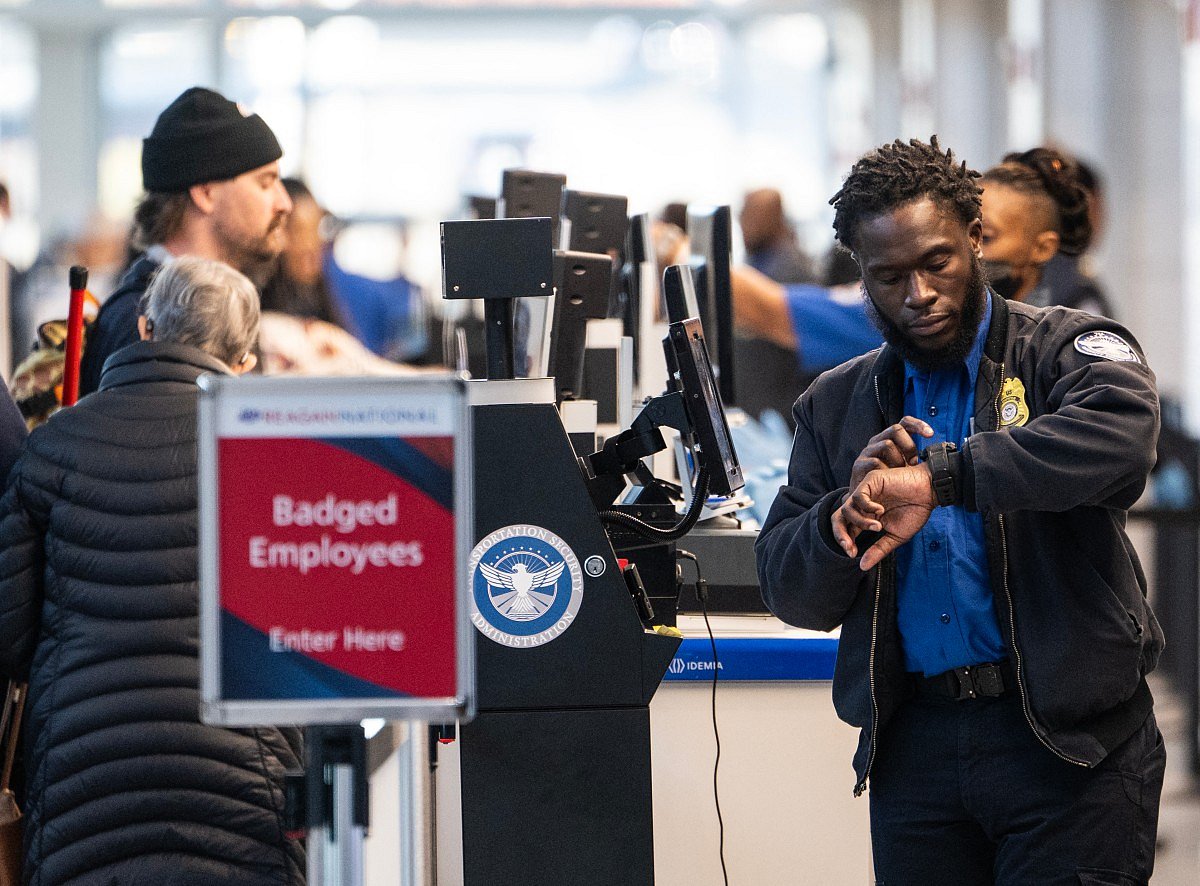US airlines cancel over 1,000 flights amid government shutdown: What travellers should know
FAA orders reduced service at busiest airports

US airlines cancelled more than 1,000 flights Friday as part of government-ordered reductions, the first step in a phase-in to ease pressure on air traffic controllers during the ongoing federal shutdown.
Travellers were largely able to stay on schedule, but nervousness remains as further cancellations are expected over the weekend and into next week.
Why flights are being cut
The Federal Aviation Administration (FAA) instructed airlines to reduce flights at 40 of the nation’s busiest airports. The slowdown aims to manage staffing shortages caused by unpaid air traffic controllers, many of whom have called out of work or are working mandatory overtime.
Transportation Secretary Sean Duffy warned the cuts could increase from the initial 10% reduction to 15% or 20% if the shutdown continues.
Which airlines are announcing weekend cancellations?
Major carriers are now extending flight reductions into the weekend:
American Airlines will cut 220 flights from its Saturday schedule.
United Airlines announced hundreds of cancellations through early next week: 168 on Saturday, 158 on Sunday, 190 on Monday, and 269 on Tuesday.
Delta and Southwest continue to adjust schedules on regional and smaller routes to minimise passenger disruption.
Which airports are being hit hardest?
The shutdown’s ripple effects spread across nearly all major U.S. airports:
Reagan National Airport (Washington, DC): nearly 80 flights canceled, almost half of arrivals delayed.
Chicago O’Hare, Atlanta Hartsfield-Jackson, Denver International, Dallas-Fort Worth: dozens of cancellations and hundreds of delays.
Coastal hubs including Newark Liberty, LAX, SFO, JFK, and LaGuardia also reported slowdowns.
Other affected airports: Boston Logan, Phoenix Sky Harbor, Seattle-Tacoma, Orlando International.
International hubs including Amsterdam Schiphol, Toronto Pearson, and Tokyo Haneda are also seeing rising cancellations, some in the double digits.
Passengers face long lines and travel headaches
Security lines were unusually long at affected airports, including Atlanta, Dallas, Denver, and Charlotte.
At Houston’s George Bush Intercontinental Airport, early-morning travellers waited in snaking lines for hours. Cara Bergeron, flying to Atlanta, said, “I’ve never seen anything like that.”
Some passengers scrambled to find alternatives. Surgeon Karen Soika from Connecticut was rebooked on a flight out of New York instead of Newark and resorted to driving a U-Haul cross-country when rental cars were scarce.
How are airlines scrambling to rebook affected passengers?
Airlines focused cancellations on smaller regional routes to minimise disruption, quickly rebooking most affected passengers.
Delta Air Lines cut around 170 flights Friday.
American Airlines planned 220 daily cuts through Monday.
Southwest Airlines canceled about 120 flights Friday.
Wider economic impact
Disruptions extend beyond passenger inconvenience. Nearly half of U.S. air freight travels in passenger aircraft, meaning the slowdown could increase shipping costs and affect the supply chain.
Experts warn that continued cancellations could ripple through tourism, manufacturing, and retail sectors, especially ahead of the holiday season.
How is the FAA responding to the shutdown?
The FAA said flight reductions are necessary due to controllers’ unpaid status and rising absences. Some airports, like Denver International, are using their own revenue and creating support systems for FAA staff to maintain operations.
Transportation Secretary Duffy emphasised the political nature of the shutdown, stating, “Everyone's paying the price for the politics that's going on. We're just collateral damage.”
What can travellers do to minimise disruption?
Experts advise passengers to:
Check flight status before leaving for the airport.
Explore alternative flights or airports.
Consider backup travel options, including car rentals or commuter rail.
Know that airlines must refund canceled flights, though compensation for food or hotels is not guaranteed unless the airline controls the delay.
Network Links
GN StoreDownload our app
© Al Nisr Publishing LLC 2026. All rights reserved.